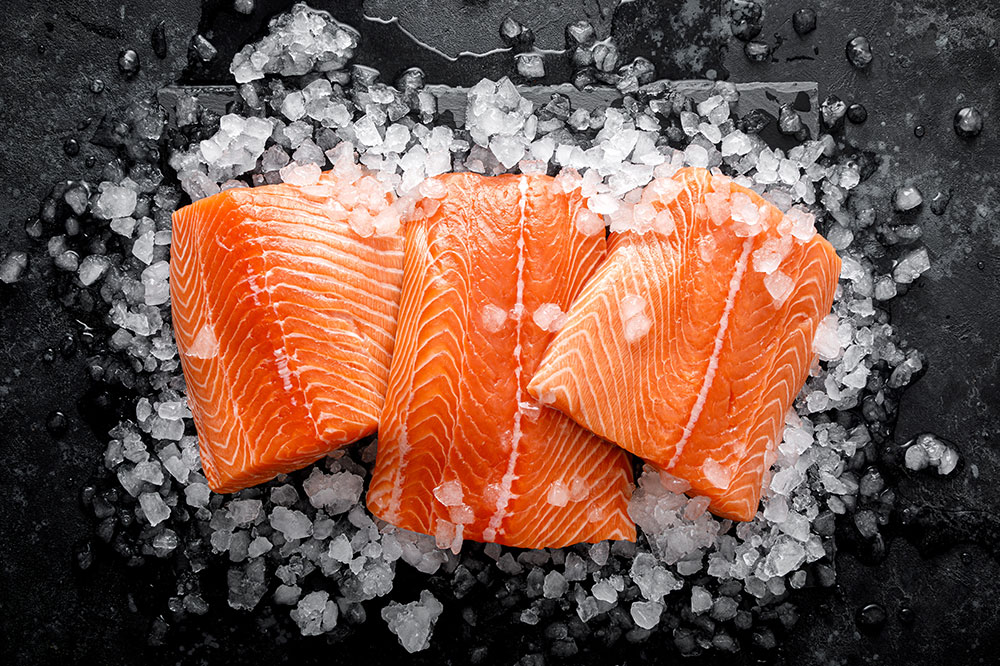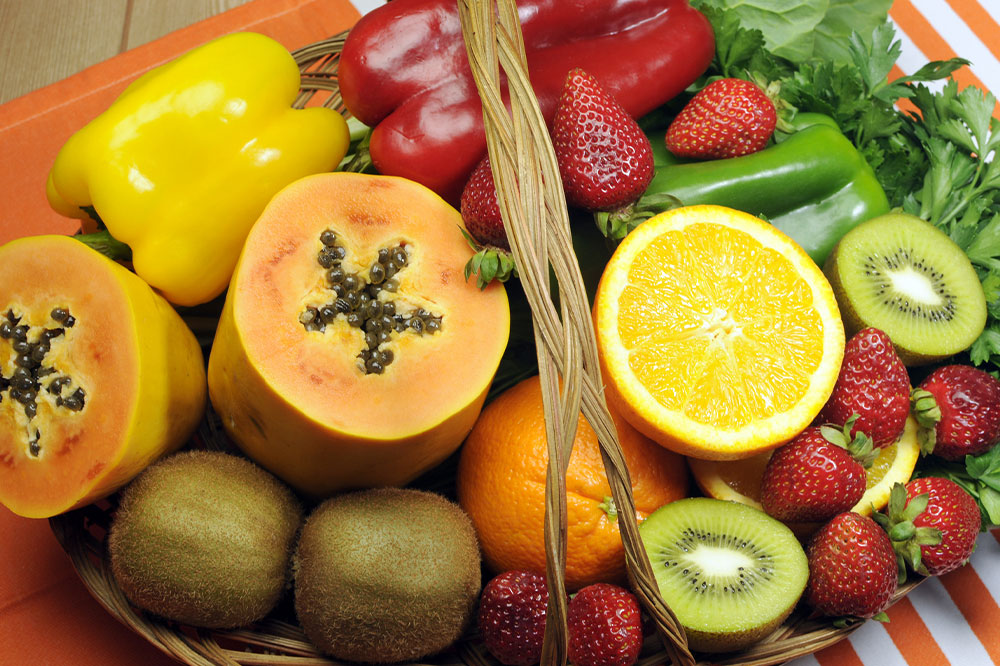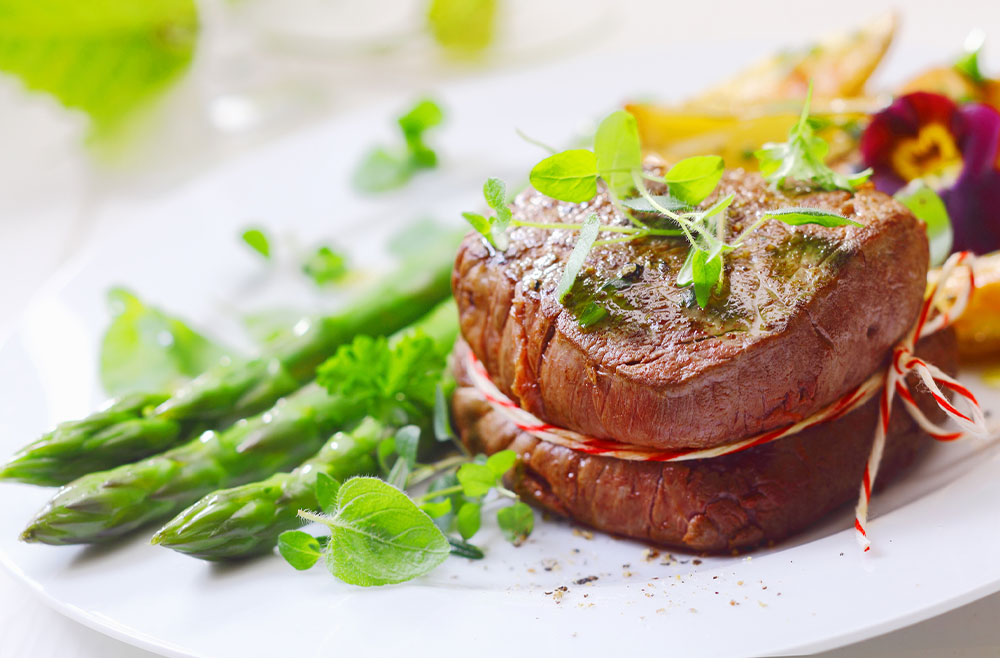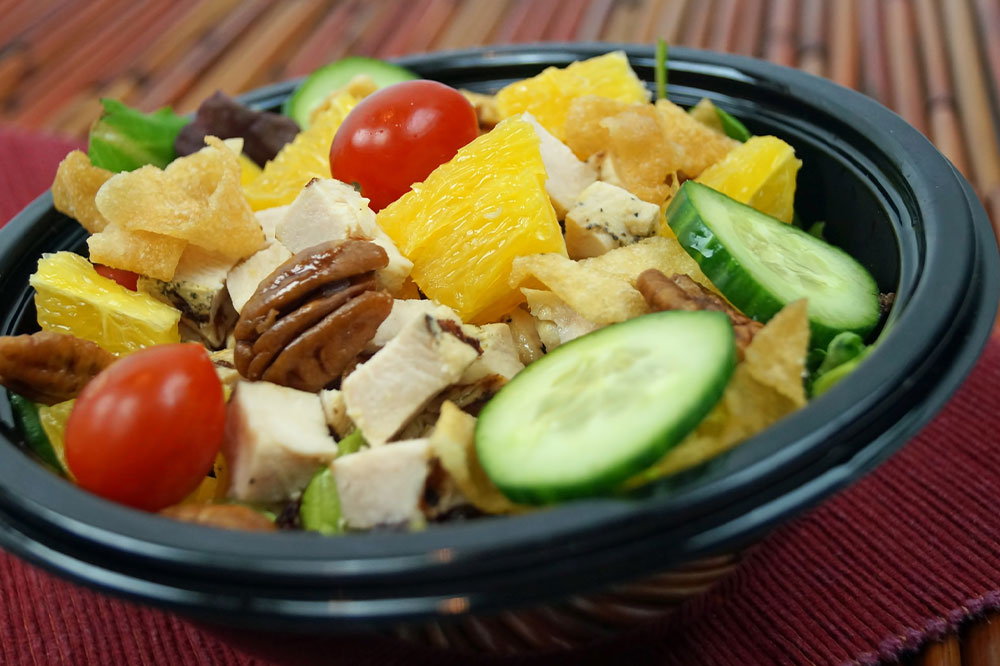Managing Lupus: Foods to Incorporate and Avoid
This guide explains which foods can help manage lupus symptoms and which should be avoided. Emphasizing omega-3s, calcium, and antioxidants, it highlights dietary strategies to support lupus patients. It advises against alfalfa sprouts and excessive garlic intake, aiming to reduce inflammation and immune system triggers. Proper nutrition can play a crucial role in easing lupus flare-ups and improving overall health, making informed food choices essential for those affected by this autoimmune condition.
Sponsored
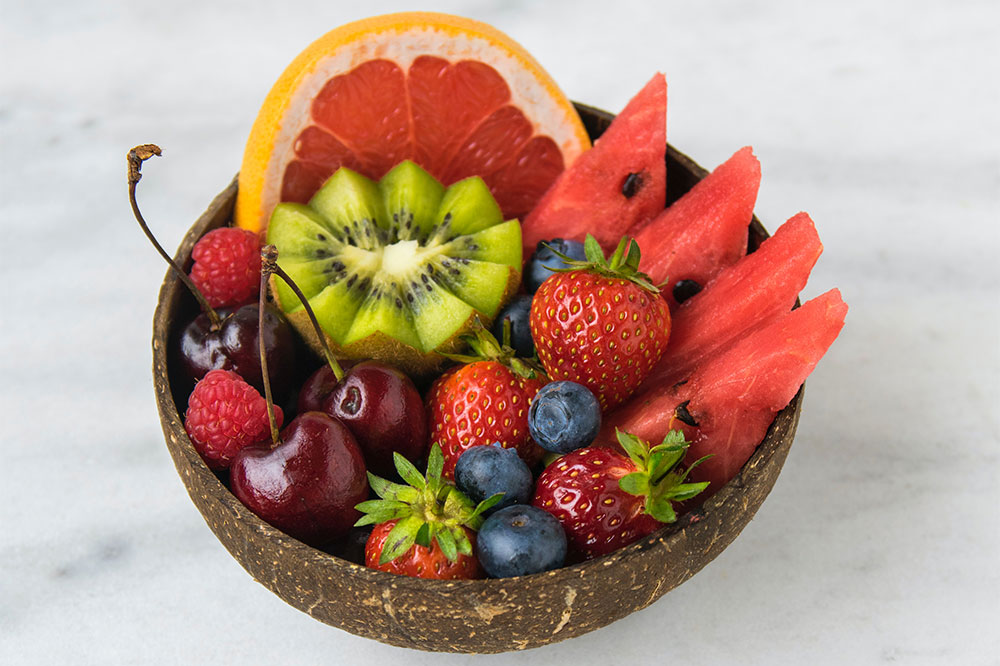
Lupus is a chronic autoimmune disease characterized by inflammation and pain affecting various body parts. It develops when the immune system mistakenly attacks healthy tissues. While there’s no specific diet to cure lupus, mindful food choices can help alleviate symptoms and reduce the risk of complications. Below are recommended foods to include and those to avoid for individuals with lupus.
Safe foods to support managing lupus include:
Omega-3 fatty acids
These healthy fats are known to fight inflammation and decrease the frequency of flare-ups. Consuming omega-3s can be beneficial in managing lupus symptoms.
Fatty fish such as salmon, sardines, mackerel, trout, and tuna are rich in omega-3s. For those who follow a plant-based diet, foods like walnuts, chia seeds, and flaxseeds serve as great alternatives.
Calcium-rich foods
Patients on lupus treatments may face osteoporosis risks, making calcium intake essential for bone health. Incorporate low-fat dairy products like milk, yogurt, and cheese, along with calcium-fortified tofu, beans, and green leafy vegetables such as spinach and broccoli. Limiting saturated fats from dairy is advised.
Antioxidant-packed foods
Foods high in antioxidants—like beta carotene, selenium, vitamins A, C, and E—help reduce inflammation and prevent cellular damage. These nutrients may also lower the chance of lupus flare-ups. Include fruits and vegetables like carrots, sweet potatoes, citrus, blueberries, as well as oats, nuts, legumes, and green or black tea in your diet.
Foods to avoid for lupus management include:
Alfalfa sprouts
Alfalfa sprouts contain L-canavanine, which can trigger immune reactions and exacerbate lupus symptoms. It’s best to avoid raw alfalfa sprouts and foods containing them, such as certain salads or sandwiches.
Garlic
Although garlic can promote white blood cell activity, in lupus patients, it may overstimulate the immune system and cause flare-ups. Small amounts might be tolerated, but avoiding garlic is generally recommended.

